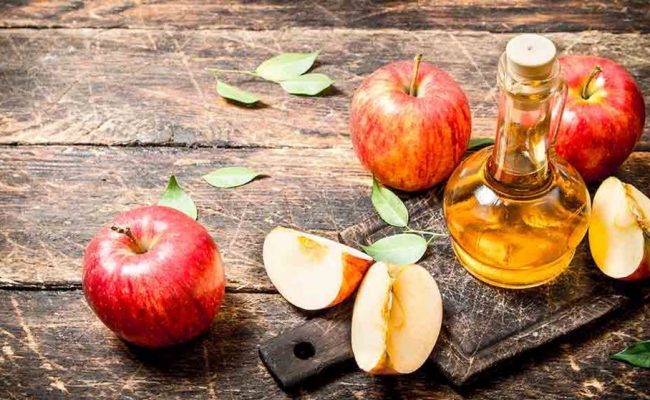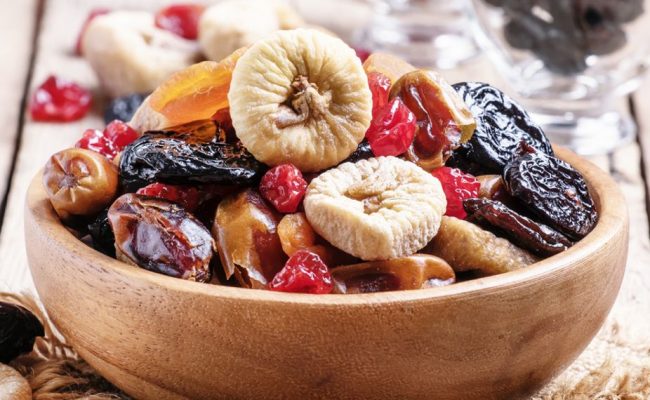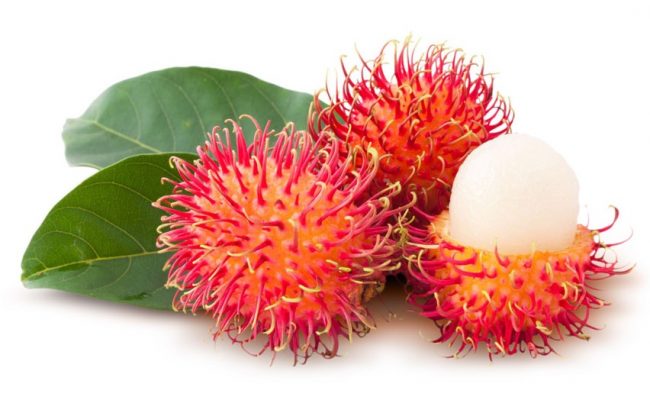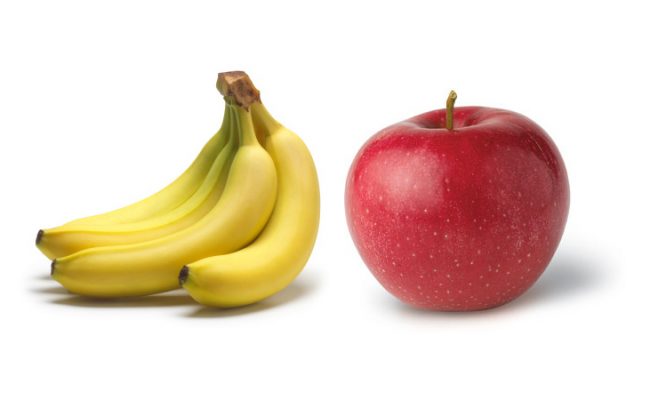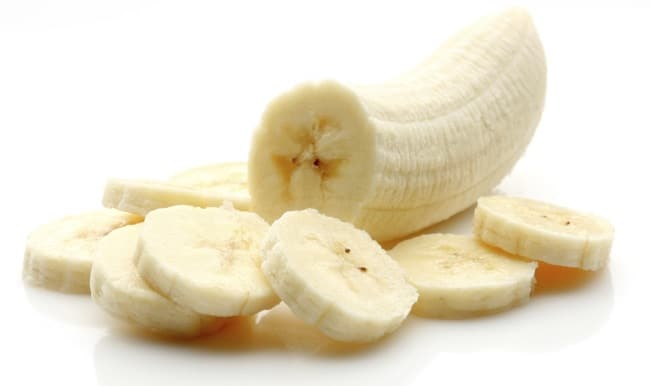
Bananas are one of the most popular and widely consumed fruits in the US. They have a mild flavor, are easy to transport and are inexpensive. In addition to these, it turns out bananas have many health benefits.
Here are some of the top reasons why you should keep eating bananas or start adding them to your diet if you don’t eat them.
# 1 – Can Lower Blood Pressure
If your blood pressure it high, one of the best things you can do dietary wise is increase your potassium. Potassium can help balance fluid balance in the body by drawing fluid out of blood vessels, thus lowering blood pressure.
Fruits and vegetables are naturally high in potassium, and bananas are known as being an easy to eat source of potassium.
One medium sized banana contains about 450 mg of potassium (13% Daily Value). By increasing over all fruit and vegetable consumption, it is realistic to reach the recommended 4700 mg amount of potassium per day.
However, most American adults do not get the recommended amount of potassium per day.
# 2 – Can Lower cholesterol
There are about 3 grams of fiber in a medium banana. Like other fruits, legumes and oats, bananas are a source of soluble fiber.
Soluble fiber can help lower blood cholesterol and can help regulate blood sugar levels. If you are concerned your blood cholesterol may be high, adding soluble fiber sources, like bananas, can help lower blood cholesterol.
# 3 – Aid Digestive health
Bananas have gotten a bad reputation because they are mainly carbohydrates. However, a health benefit from the carbohydrates in bananas can positively affect the digestive system.
Bananas have a type of carbohydrate called fructooligosaccharide. These fructooligosaccharides are not broken down by human enzymes in the digestive tract and are broken down by the beneficial bacteria (probiotics) in the colon.
Another word for fructooligosaccharides is prebiotics because they help stimulate the growth of probiotics in the colon. Having healthy bacteria growth, instead of harmful bacteria, in the colon has many health benefits that go beyond the digestive system.
Another way bananas can be helpful for digestive health is that they are relatively easy to digest and usually do not cause irritation to the stomach.
Whether someone is feeling nauseous, has diarrhea or just a stomach ache, bananas are a go to food because they won’t further irritate the digestive tract.
#4 – Curb sweet cravings
Bananas can be very sweet, especially ripe bananas. Eating a banana can curb a sweet craving, and bananas are a lot healthier than other sugary, high calorie treats.
Because bananas have fiber in them, they won’t cause a glucose and insulin spike after eating them. In fact, bananas have a low glycemic index value.
Bananas are also very versatile to bake with, and a banana puree can be used in place of sugar or oil in baked goods. Frozen bananas work well for adding sweetness to smoothies or other cold treats.
#5 – Antioxidant source
Berries, leafy greens and other vibrant colored fruits and vegetables are known for being high in antioxidants and other valuable nutrients.
However, the lowly banana also provides a source of antioxidants. In fact, a medium banana provides about 15% Daily Value of vitamin C and 2% of vitamin A.
Both vitamin A and C play a role in protecting cells against damage from free radicals and may help lower risk for damage caused by carcinogens. Vitamin C is also used to form collagen which is beneficial for healthy looking skin.
#6 – Brain health
Bananas are a source for the amino acid tryptophan which is needed to make the neurotransmitter serotonin. One of serotonin’s effects is acting like a “feel good” hormone in the brain. Bananas are also a source of vitamin B6 which is important for brain function and for brain development during pregnancy.
Some research in elderly populations suggests having a healthy amount of vitamin B6 in the body may be associated with better memory.
Therefore, eating bananas and other foods high in vitamin B6 may help with memory function, although more research is needed to understand the relationship between B6 and memory.
#7 – Sleep
Another function for serotonin is that it can help make you feel sleepy. Bananas are also a source of melatonin which is the primary hormone for helping you fall asleep.
Bananas are packed with potassium and magnesium, which can promote muscles to relax. Taking all these relaxing components together, eating bananas may actually help you get a better rest at night.
#8 – Increase calcium absorption
Bananas are not a natural source of bone building nutrients calcium or vitamin D. However, they can still help with building strong bones two ways.
The first way is with the same fructooligosaccharides that promote the growth of healthy bacteria in the gut; these fructooligosaccharides can also increase calcium absorption in the intestine. Bananas are also a source of magnesium, and magnesium is involved with bone growth in the body.
References used in this article

